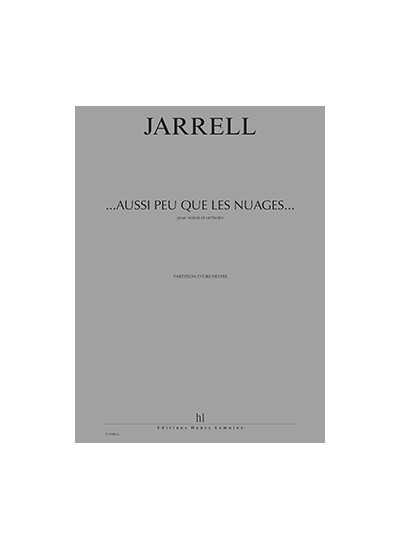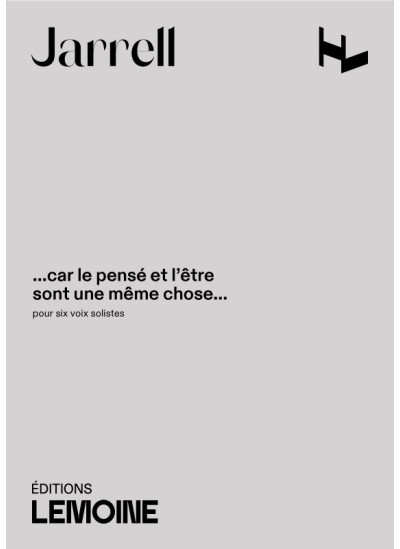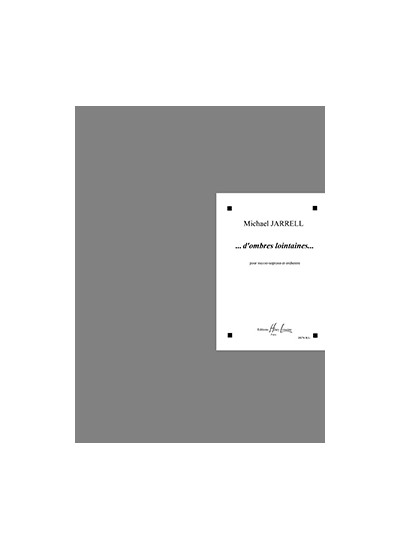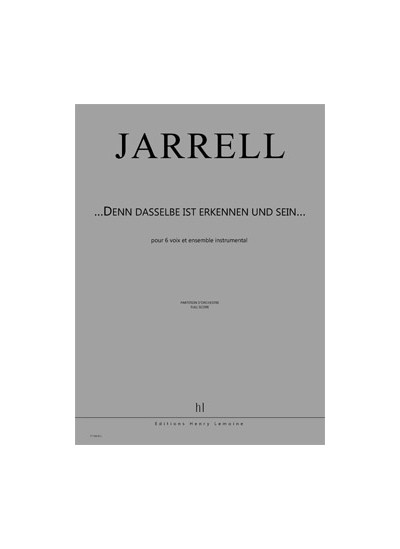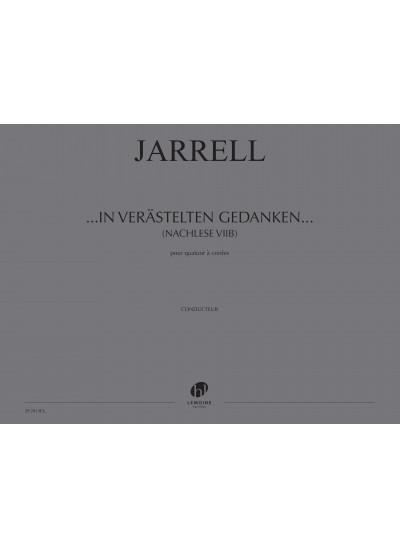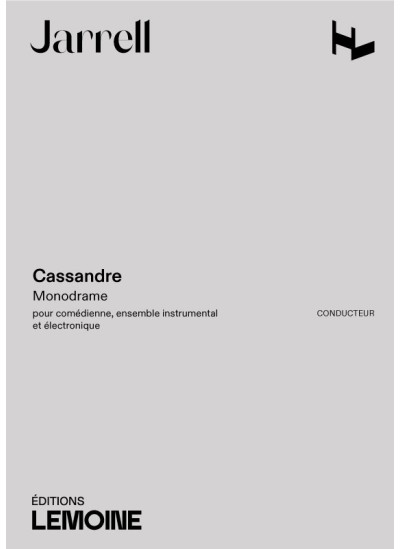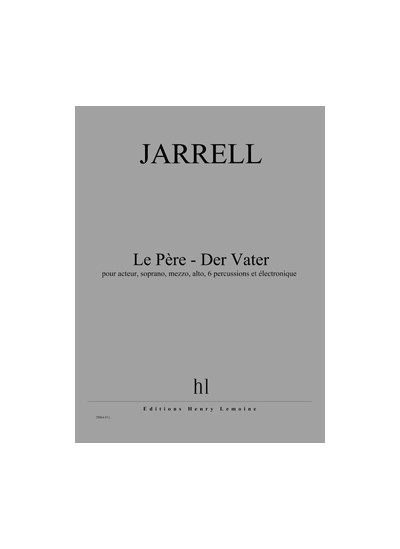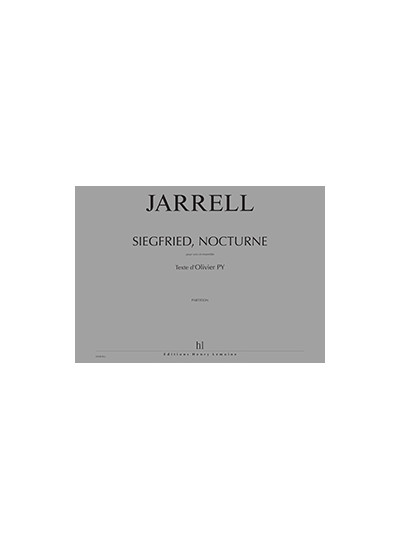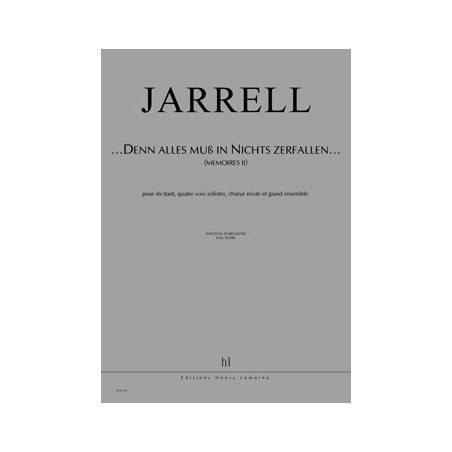
Play
a sample
24/09/2005 - Strasbourg, Festival Musica - Johan Leysen (actor), Choeur Accentus, Ensemble intercontemporain, Laurence Equilbey and Pascal Rophé (conductor)
The testimony of Abraham P.
I leaned toward my little brother, telling him: "Solly, go back to papa and mama" and like a good little man, off he went. If only I had known that I was sending him straight to the crematorium! I... I have the impression of having killed him. I ask myself whether he had been able to reach my parents. I assume so. He must have said to them: "Abraham told me to go with you!" I wonder what my father and mother thought, especially on entering the crematorium together... I cannot get it out of my mind. It is so painful to me, and I do not know what to do.
This testimony of Abraham P. belongs several others grouped together in a program of recorded video archives at Yale University (Fortunoff Video Archive for Holocaust Testimonies). In these archive images (more than three thousand testimonies), it is not only a question of words, but of marked faces, deformed by "memory". It is those looks, some from extinguished eyes, gazing toward something, which the camera cannot quite capture.
It was after reading this testimony that I had the idea to write these Mémoires. I was moved by this fragile and intimate recollection. Aside from the problem of the guilt of those who survived the camps, it reflects quite a different reality from that found in history books. It is the difference between an individual experience and a collective experience that was the basis for this piece. To try to express this difference, I chose to juxtapose this testimony with certain excerpts from Liber ecclesiastes. This text anticipates and explains everything. A detachment, a timelessness so contrasted with the simple and direct testimony of Abraham P.
As soon as Mémoires was premiered, I had the impression that a more imposing temporal architecture was necessary, that more testimonies were necessary to better confront impersonal power of Liber ecclesiastes. A speaker was also necessary to relate the things that cannot be sung, and a larger ensemble to fill the sound space and reinforce the dynamic peaks.
Thus, I read more testimonies, discovered other books, and admittedly found myself in a world of which I had been conscious, but of which I was not capable of imagining the abysses.
After a long hesitation, I decided not to make an inventory of these horrors - this literature is available to everyone -, or to revive the debate about the guilt or the lies on which this extermination was based (the most serious being the invention of the Jewish "race"), but rather to restrict myself to the original project.
The numbers read by the speaker at the beginning - I do not think that it is necessary to explain what they correspond to - have a counterpart - those, also read, at the end... They should be completed:
One million Ibos in Biafra, one million five hundred thousand Bengalis, two hundred thousand Guatemalans, one million seven hundred thousand Cambodians, five hundred thousand Indonesians, two hundred thousand Timorese, 250 thousand Burundians, 500 thousand Ugandans, 800 thousand Rwandans, 10 thousand Bosnians. This is an incomplete list of the genocides over the last six decades.
I was, at no point, trying to be didactic or moralizing. I do not think that is my role. In complete modesty, this piece is perhaps a stele.
"...because back to nothing must all things go..."
"...denn alles muss in Nichts zerfallen..."
is dedicated to my very dear friends, Christiane and Jean-Louis Jolivet.
Michael Jarrell


